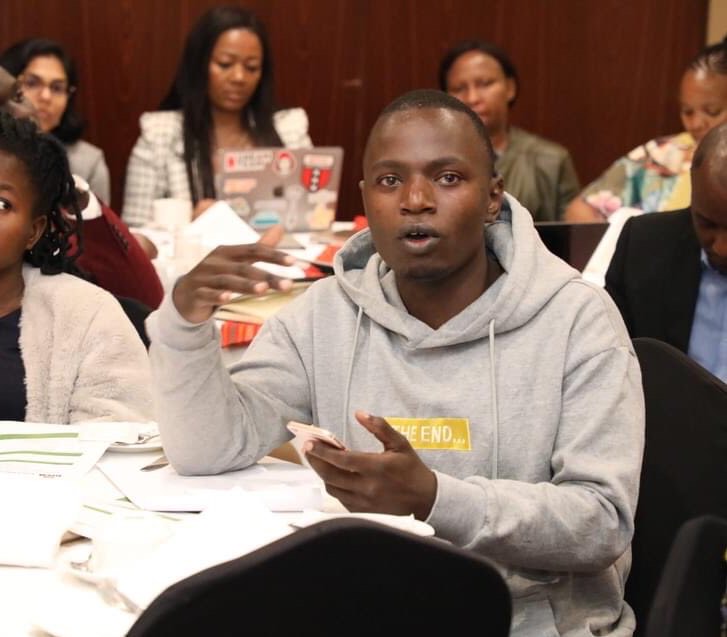By Nicodemus Nyakundi
Today, KICTANet attended a consultative meeting, organized by the Kenya Film Classification Board (KFCB) in collaboration with Netflix, on their upcoming Parental Digital Literacy program (PADiL).
In his opening remarks, FCB’s Ag. Chief Executive Officer, Mr. Christopher Wambua, acknowledged the increased access to digital devices and media facilitated by the internet and the adoption of e-learning programs and platforms.
With these emerging technological trends, KFCB believes that parents should be brought on board in managing content consumed by their children. This is because the parents play a crucial role in the development of their children. Therefore, they have the responsibility to monitor and guide the digital material that their children consume, either at home or school.
This has informed the adoption of the PADiL program. The program seeks to empower parents by equipping them with skills, practices, and monitoring techniques. These will enable them to guide their children on viewing and consumption of online material.
Ms. Shola Sanni, Director of Public Policy at Netflix in South Africa, also added that the PADiL program would invest in the adoption of responsible digital parenting, awareness among caregivers, and protecting viewing experience.
KICTANet shed light on the issue of marketing algorithms that tend to expose minors to noncompliant and unregulated content. Additionally, KICTANet called for the consideration of digital accessibility of the PADiL program: the ease of ICTs for parents with disabilities and parents with children with disabilities.
In his closing remarks, the CEO, called upon all the stakeholders to support the program through engagement sessions and workshops. The basis of this is to tackle the key challenges like marginalization, digital gadget penetration, digital literacy framework, and above all protection of children from harmful content.
Nicodemus Nyakundi is an ICT Access and Equality Fellow for PwDs at KICTANet. He has a background in Information Technology.
![]()





Great work involve users with cognitive developments for most of the time they are left out